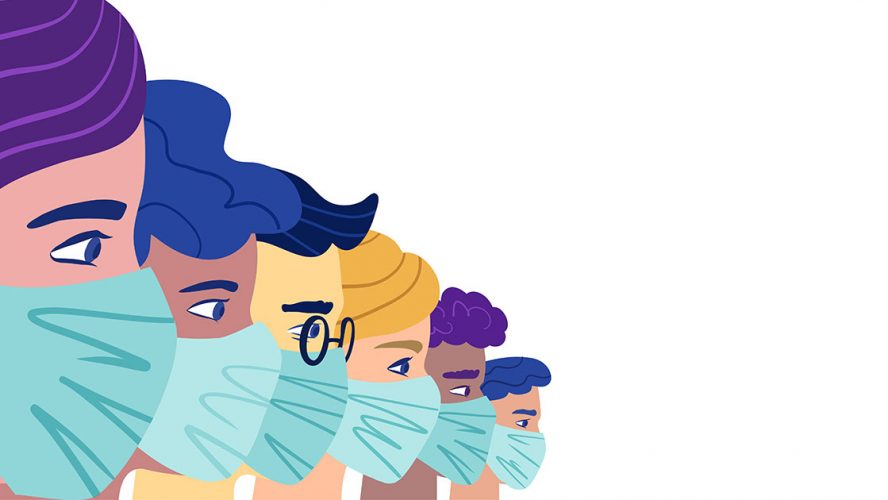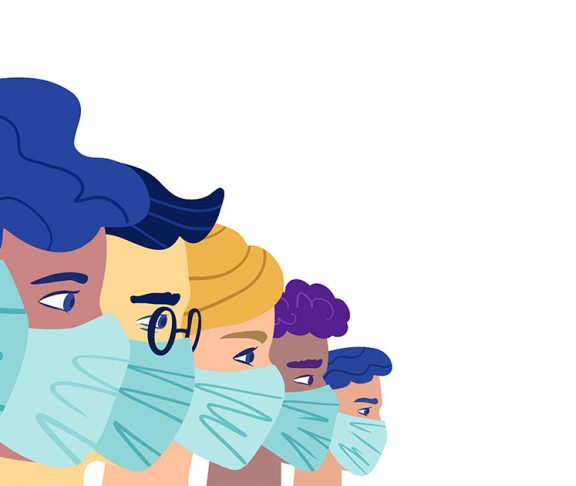The COVID-19 health crisis currently ravaging the globe has likely changed your daily life in more ways than one. For example, you may have lost your job, an elderly parent may be living with you, or you may be trying to work from home for the first time, while also overseeing a child’s virtual homeschooling.
The pandemic has brought on much fear and uncertainty about public and personal health, as well as the economy. In terms of these unknowns, those who are immunocompromised, such as people with HIV and hepatitis, have been greatly affected.
“COVID-19 has impacted all of us, and continues to threaten our physical health and economic well-being,” said Clorinda Walley, President of Good Days, a nonprofit organization that provides access to life-saving and life-extending treatments to individuals in need, including those with infections such as HIV and hepatitis.
“Nevertheless, it is people who suffer from chronic conditions that have been hit hardest by this pandemic,” Walley added. “People with underlying conditions, such as HIV and hepatitis, are unfortunately at a greater risk when it comes to getting sick. They need to be extra careful.”
Overcoming financial hardship
Amid this pandemic, the United States is facing a historically high unemployment rate. Thus, people with underlying infections may be struggling to afford their essential treatment.
If you’re one of these people, your insurance company or healthcare provider can guide you on resources that can help you afford the medicines you need. However, know that nonprofits in your area are likely providing help that you can take advantage of as well.
Good Days recently launched an emergency assistance fund to directly support people at the highest health and economic risk. “We are committed to reducing patients’ financial stress so they can focus on their health and well-being during this difficult time,” Walley said.
Research shows that adhering to treatment of viral infections such as hepatitis is critical for managing health and preventing complications. The same goes for HIV, notes the U.S. Department of Health and Human Services, as it requires lifelong treatment is necessary to prevent the virus from multiplying and overcoming the immune system, causing drug-resistant HIV.
The National Council on Aging recommends that people who need to obtain prescription medications keep at least a one-month supply of medication on hand, and to take advantage of mail-order prescriptions to avoid going to the pharmacy, or ask a family member or friend to pick up medications. For people with health problems including HIV and hepatitis, avoiding potential exposure to the novel coronavirus is also critical.
Showing care and compassion for others
Indeed, practicing social distancing during the COVID-19 pandemic is important for anyone with an underlying condition. That’s because these people are more likely to face serious and potentially life-threatening complications if they develop the respiratory disease, according to the Centers for Disease Control and Prevention (CDC). People over age 65 also fall into this group.
“We often don’t realize it but there are so many of us walking around with invisible conditions,” Walley said. “Although someone may look completely healthy, they might be more susceptible to a downward health spiral because they contracted a virus.”
While the novel coronavirus is still spreading, the CDC recommends everyone wear a non-medical face mask when they cannot socially distance. This is primarily to protect those who may be more prone to such complications if they are infected.
“Those individuals (with underlying conditions) need to exercise caution but the general public must also remember that this pandemic threatens any given individual’s health in many different ways,” Walley said. “If we continue to care for each other, we will all get through these challenging times together.”


